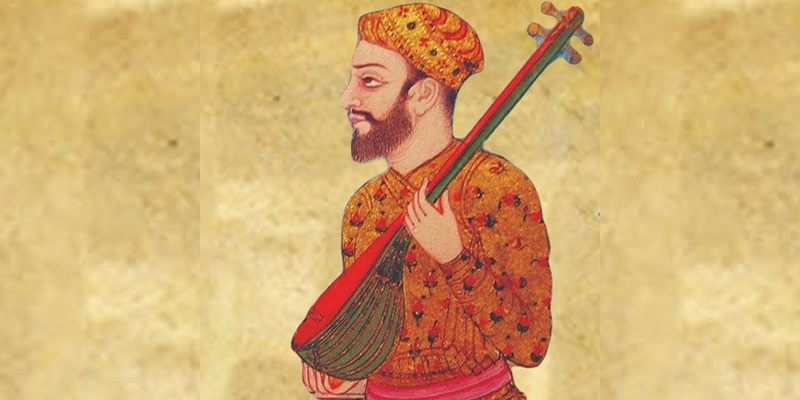What Ibn Battuta Revealed About the World’s First Express Mail Service
Ibn Battuta, the 14th-century Moroccan explorer, is renowned for his extensive travels across the Islamic world and beyond. His journey, documented in the Rihla (The Travels), offers vivid accounts of the societies, cultures, and infrastructures he encountered. Among his many observations, Ibn Battuta provided a detailed description of the postal systems he witnessed during his travels, particularly in India and China, which were among the most advanced of their time.
The Postal System in India
During his visit to the Sultanate of Delhi in the 1330s, Ibn Battuta marveled at the efficiency of the Indian postal system under Sultan Muhammad bin Tughlaq. He noted the use of two types of couriers:
1. Foot Couriers: These runners were stationed at intervals of 4 to 5 miles along the main routes. They carried messages in a relay system, ensuring that communication was swift. Ibn Battuta observed that these couriers ran tirelessly, often with bells to signal their arrival, which alerted the next runner to prepare for the handover.
2. Horse Couriers: For more urgent messages, mounted couriers were used. They traveled faster and were capable of covering greater distances than their counterparts on foot. Ibn Battuta highlighted the speed and reliability of this system, which allowed the Sultan to maintain control over his vast empire and receive updates from distant provinces promptly.
The Postal System in China
In China, during the Yuan Dynasty, Ibn Battuta encountered an even more sophisticated postal network. He described a system that relied on a vast network of post stations, known as yizhan, which were strategically located along major trade and communication routes. These stations provided:
Resting Places for Couriers: Couriers could rest, eat, and switch horses to maintain speed.
Supply Depots: They were stocked with horses, food, and other necessities for travelers and government messengers.
Ibn Battuta was particularly impressed by the Mongol system of relay riders, which allowed for swift communication across the empire. He noted that the system was not only used for official government correspondence but also facilitated trade and cultural exchanges.
Impact
The postal systems Ibn Battuta described were crucial for the administration of large empires. They enabled rulers to maintain control over distant territories, coordinate military campaigns, and facilitate trade. These networks also contributed to the exchange of ideas, technologies, and cultures, laying the groundwork for globalization.
Ibn Battuta’s observations, recorded in the Rihla around 1354, provide valuable insights into the advanced state of infrastructure in medieval India and China. His accounts remain a testament to the ingenuity of these civilizations in creating systems that connected people and places across vast distances.
By documenting these systems, Ibn Battuta not only highlighted their technical brilliance but also underscored the importance of communication in the functioning of powerful empires. His writings continue to inspire historians and scholars, offering a glimpse into the interconnected world of the 14th century.




